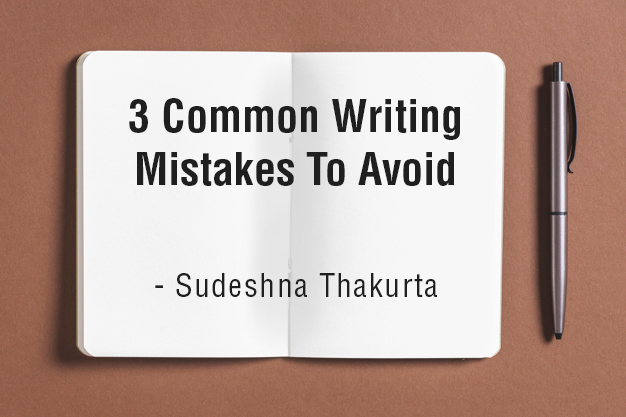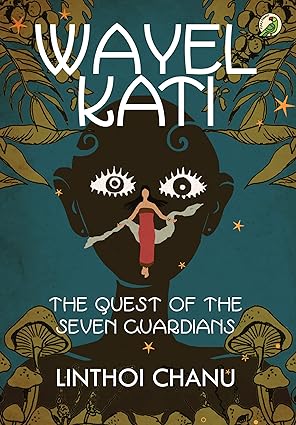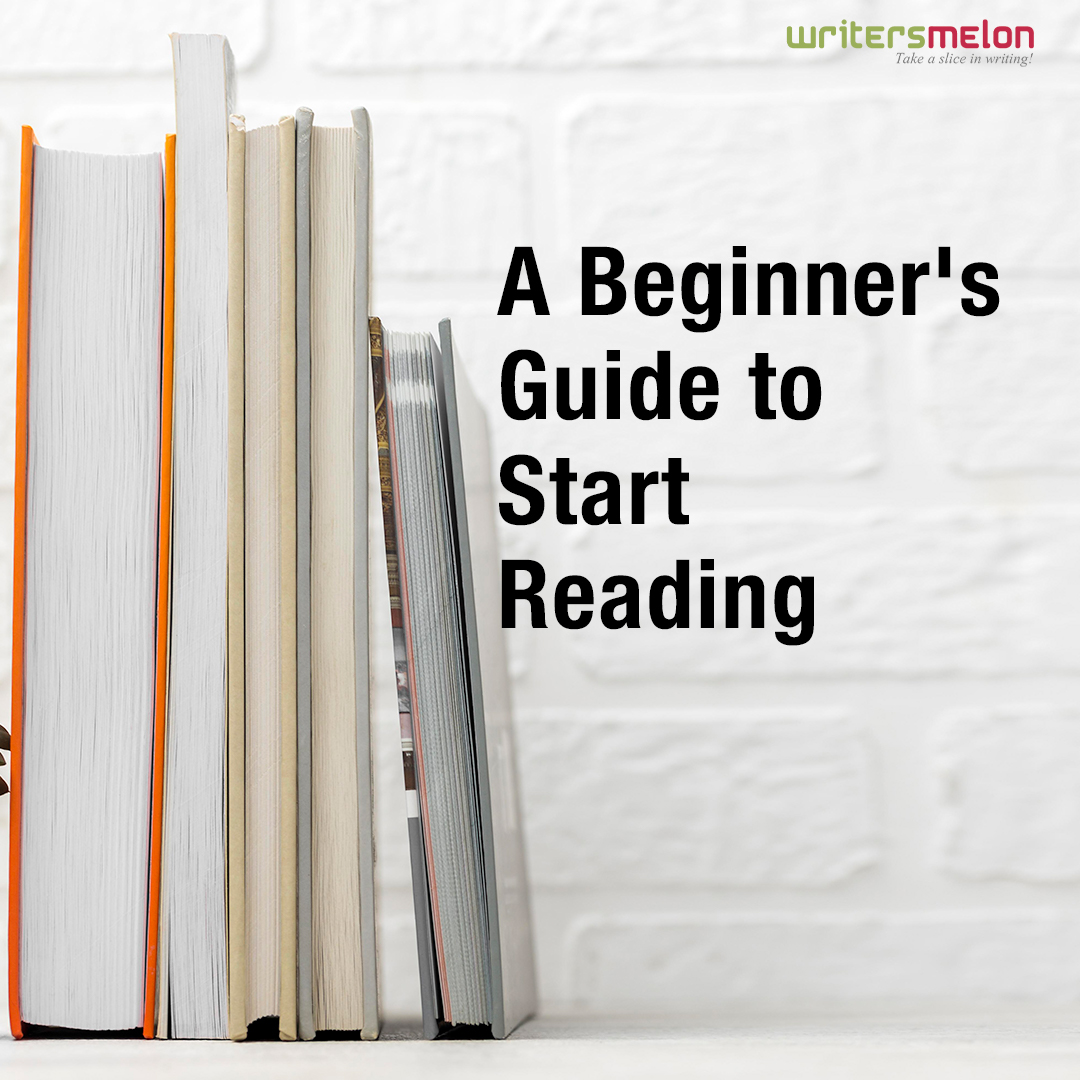
Review: A Monster Calls by Patrick Ness
Once in a while you come across a book that has the power to pierce through your heart. A Monster Calls is one such book. Written by Patrick Ness, it is a story about a young boy with an ailing mother at home. It covers a range of somewhat difficult topics ranging from death to guilt.








